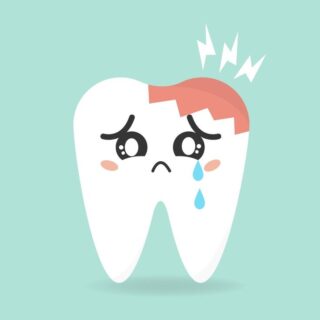
Outline of the Article:
1.Introduction
2.Understanding Teeth Pain
3.Quick Fixes for Teeth Pain
4.Preventive Measures
5.When to Seek Professional Help
6.Conclusion
7.FAQs
Quick Fix: How to Relieve Teeth Pain at Home
Teeth pain can be excruciating and disrupt daily activities.
Whether it’s a dull ache or sharp discomfort, finding quick relief at home can make a significant difference in your comfort level.
In this article, we’ll explore effective ways to alleviate teeth pain without having to visit the dentist immediately.
Understanding Teeth Pain
Teeth pain can stem from various dental issues, including cavities, gum disease, tooth decay, or even injury.
The severity and duration of the pain may vary depending on the underlying cause.
It’s essential to identify the root cause to determine the most appropriate treatment or relief method.
Quick Fixes for Teeth Pain
Natural Remedies for Immediate Relief:
Saltwater Rinse:
Gargling with warm salt water can help reduce inflammation and kill bacteria in the mouth, providing temporary relief.
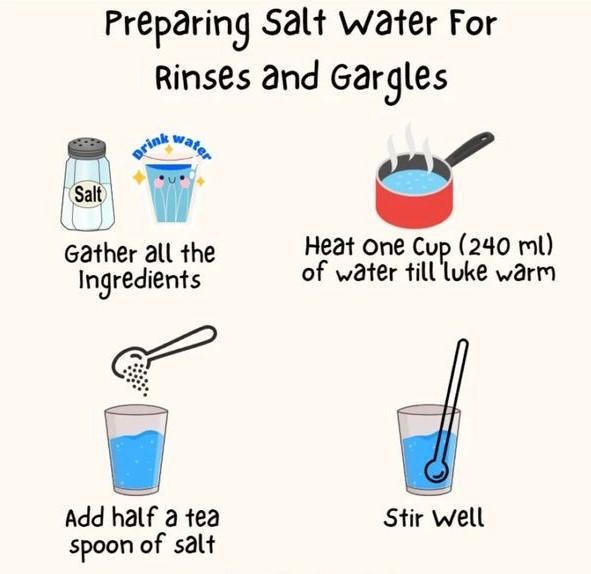
Cloves or Clove Oil:
Cloves contain eugenol, a natural anesthetic that can numb the affected area and alleviate pain.
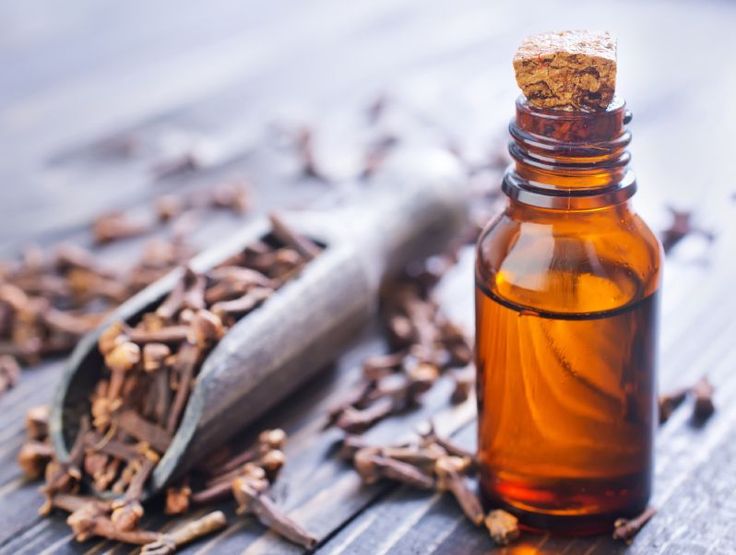
Peppermint Tea:
Peppermint has anti-inflammatory properties and can help soothe toothaches when used as a mouth rinse or applied directly to the affected area.
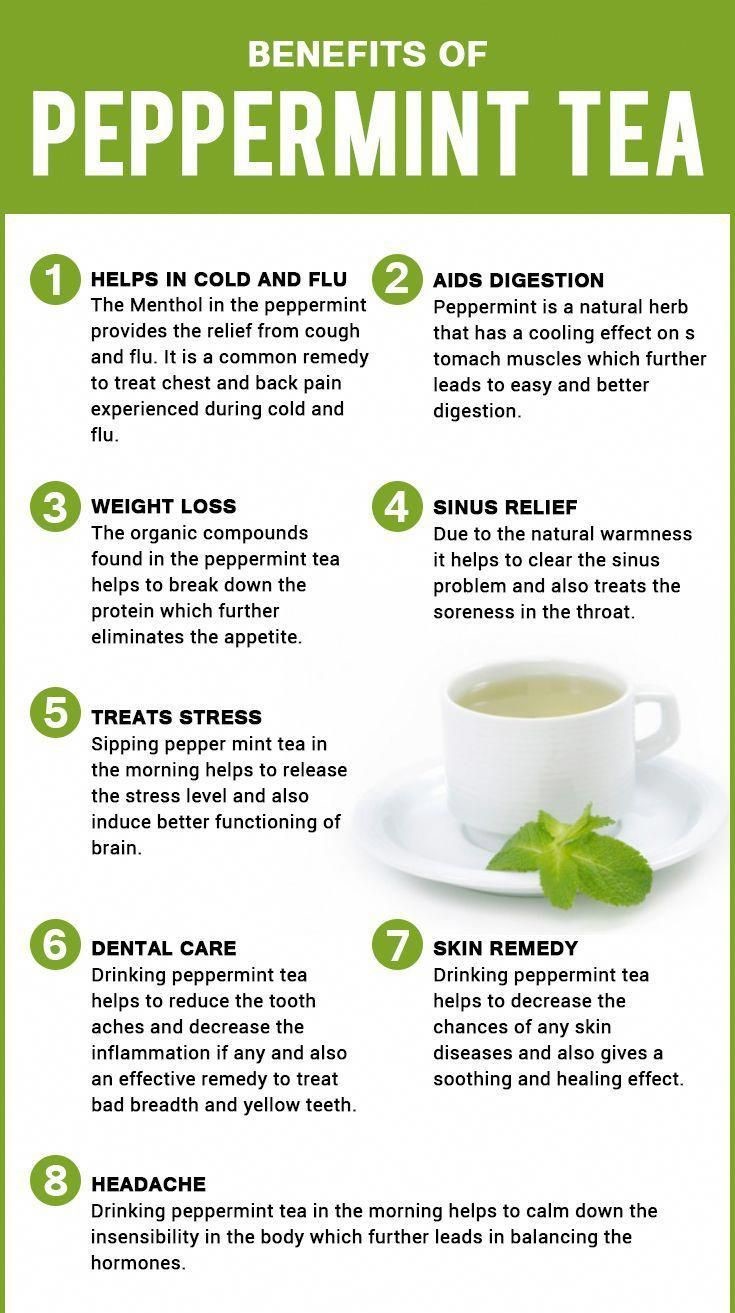
Over-the-Counter Options:
Pain Relievers:
Over-the-counter pain medications such as ibuprofen or acetaminophen can help alleviate tooth pain and reduce I nflammation.

Topical Anesthetics:
Oral gels or numbing agents containing benzocaine can provide temporary relief by numbing the affected area.
Home Care Practices:
Avoiding Cold or Hot Foods:
Extreme temperatures can exacerbate tooth sensitivity and pain.
Stick to lukewarm or room temperature foods and beverages.
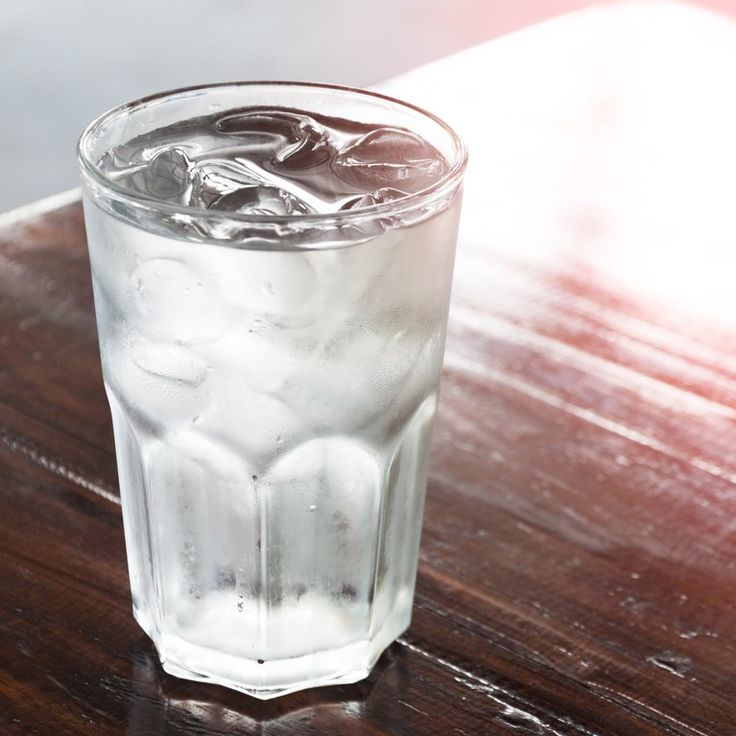

Gentle Toothbrushing:
Use a soft-bristled toothbrush and gentle brushing motions to avoid further irritation of sensitive teeth or gums.
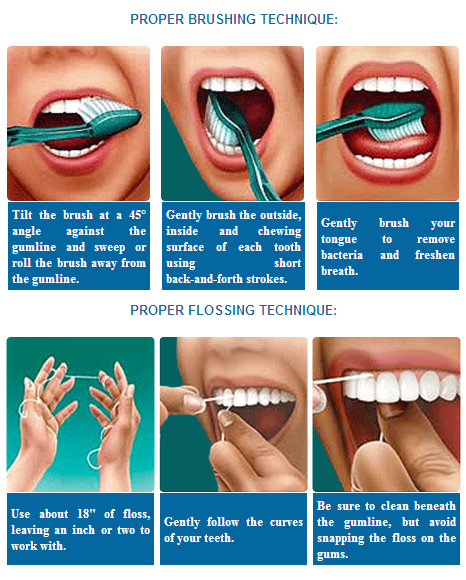
Maintain Good Oral Hygiene:
Proper brushing and flossing can help remove food particles and plaque, reducing the risk of dental issues that cause pain.
Preventive Measures
Daily Oral Hygiene Routines:
Brushing Twice a Day: Brushing your teeth after meals and before bedtime helps remove plaque and bacteria, preventing tooth decay and gum disease.
Flossing Daily: Flossing removes plaque and debris from between teeth and along the gumline, reducing the risk of cavities and gum inflammation.
Using Fluoride Toothpaste: Fluoride strengthens tooth enamel and helps prevent cavities, making it an essential ingredient in your oral care routine.
Dietary Habits for Dental Health:
Limit Sugary Foods and Beverages
Sugary snacks and drinks can contribute to tooth decay and cavities. Opt for nutritious foods and drinks that promote dental health.

Increase Water Intake:
Drinking water helps rinse away food particles and neutralize acids in the mouth, reducing the risk of tooth decay and gum disease.

Calcium-Rich Foods:
Incorporate dairy products, leafy greens, and other calcium-rich foods into your diet to support strong teeth and bones.

When to Seek Professional Help
While home remedies can provide temporary relief, it’s essential to seek professional dental care if you experience persistent or severe teeth pain.
Signs indicating a need for professional intervention include:
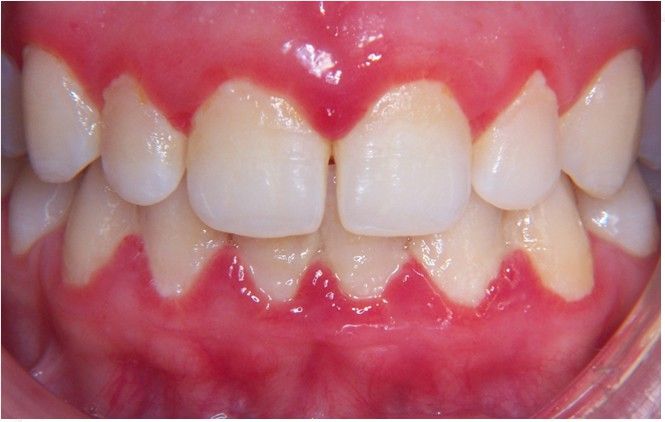
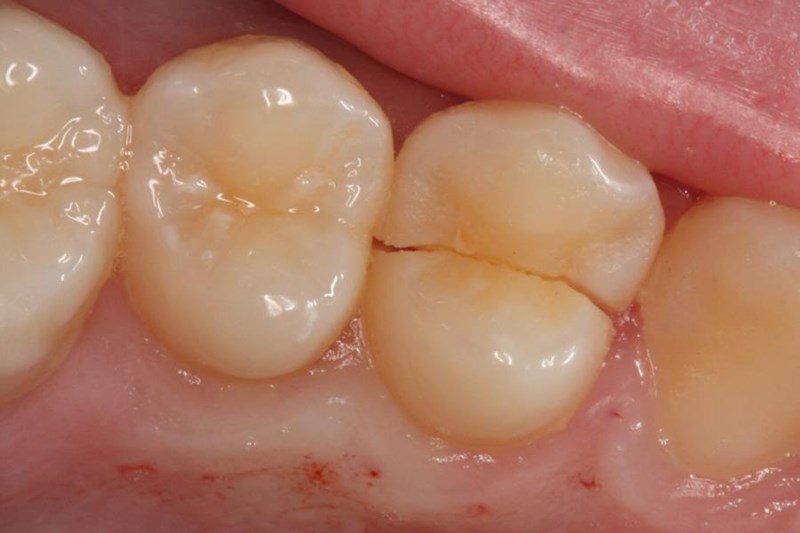
Persistent pain or discomfort despite home remedies.
Swelling or inflammation of the gums.
Bleeding gums or pus around the teeth.
Loose or cracked teeth.
Pain or difficulty when chewing or biting.
Ignoring dental issues can lead to complications and worsen the underlying problem.
Schedule an appointment with your dentist at the earliest convenience to address the root cause of your teeth pain and prevent further damage.
Conclusion
Relieving teeth pain at home is possible with the right strategies and remedies.
By understanding the causes of dental discomfort and implementing preventive measures, you can minimize the risk of toothaches and maintain optimal oral health.
However, it’s crucial to seek professional dental care if home remedies fail to provide relief or if you experience persistent pain or other concerning symptoms.
FAQs
What are some common causes of teeth pain?
Teeth pain can be caused by various factors, including cavities, gum disease, tooth decay, or injury.
Can I use essential oils to relieve teeth pain?
Essential oils like clove or peppermint oil contain natural compounds that can help numb the affected area and alleviate pain when applied topically.
Is it safe to apply ice packs for dental pain?
While applying an ice pack to the cheek can help reduce inflammation and numb the area, avoid placing ice directly on the tooth as it can cause further sensitivity.
How long should I wait before seeking professional help for teeth pain?
If home remedies fail to provide relief or if you experience persistent or severe pain, swelling, or other concerning symptoms, it’s best to consult a dentist promptly.
Are there any natural remedies that can help with sensitive teeth?
Natural remedies like saltwater rinses, clove oil, or fluoride treatments can help alleviate sensitivity and strengthen tooth enamel, reducing discomfort.


